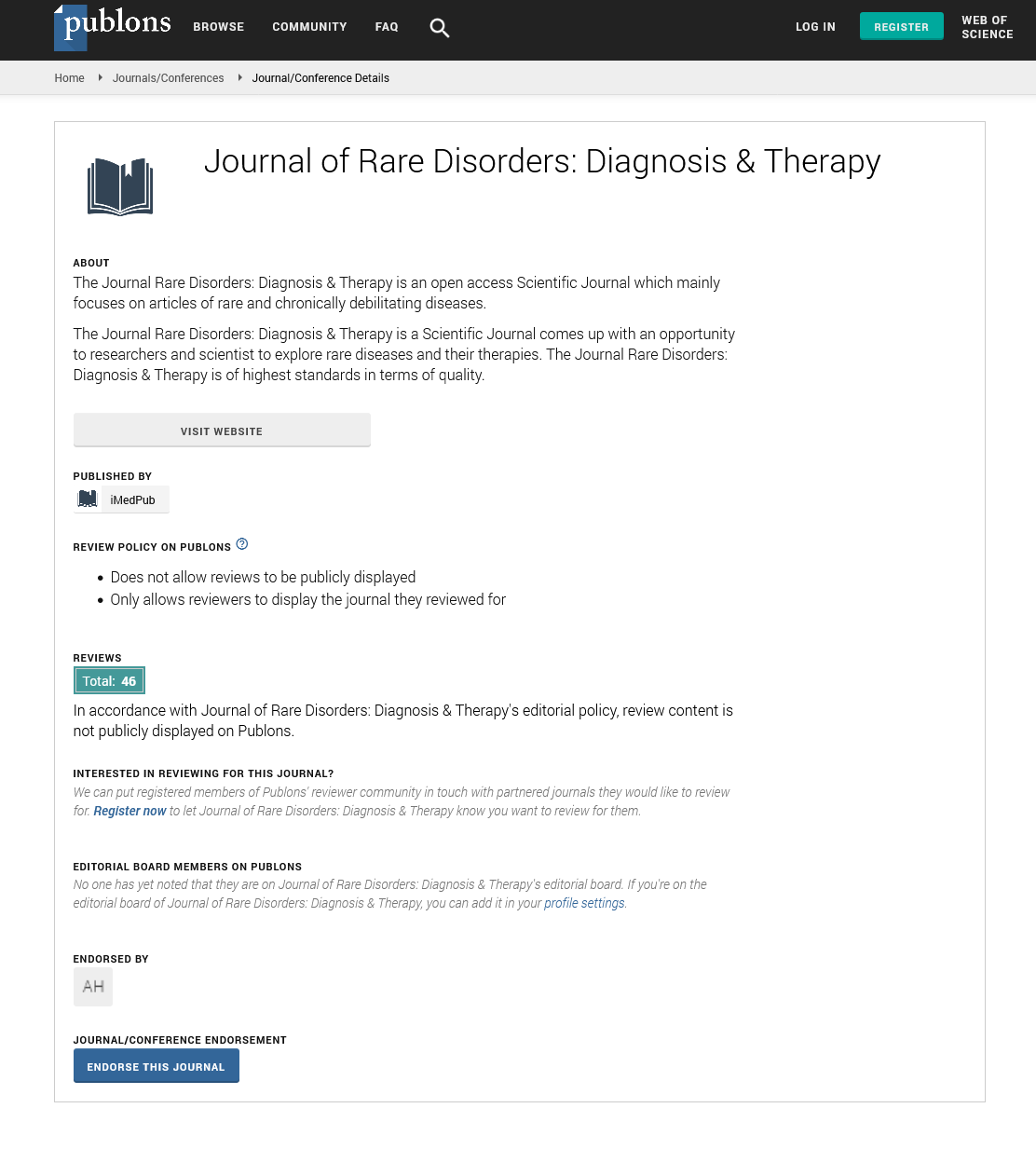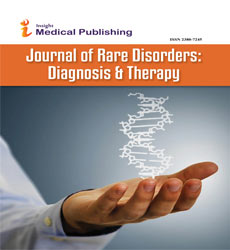Abstract
Phenylketonuria Treatments Impact on Physical Growth: A Spanish Retrospective Longitudinal Study
Background: Phenylketonuria treatment based on phenylalanine-restricted diet has proven to be effective in preventing the development of long-term neurological damage. However, such diets have occasionally been reported to hinder normal development. Furthermore, to improve outcomes in these patients therapy based on administration of the cofactor BH4 has emerged. However, little is known about how BH4 treatment affects physical development. Methods and Findings: Firstly, in order to evaluate the impact of the phenylketonuria diet on anthropometric characteristics we conducted a retrospective longitudinal study. Anthropometric characteristics and nutrition were evaluated from birth to adulthood in a cohort of phenylketonuria and mild-hyperphenylalaninemia patients, who were exclusively on protein-restricted diets, and were compared to the Spanish reference population. Patients with phenylketonuria showed growth impairment in early stages, with higher phenylalanine intakes being associated with improved developmental outcomes over this period. Secondly, we conducted a retrospective longitudinal study in a cohort of patients with phenylketonuria on BH4 treatment and compared their developmental outcomes with those of a group of patients on a phenylalanine-restricted diet, in order to determine whether BH4 treatment was associated with an improvement in growth development. No improvement was observed in the anthropometric variables in the BH4-treated group, from prior to initiating treatment to when they had taken the drug for 2 or 5 years. In addition, growth impairment was also observed in patients on lowphenylalanine diets. In fact, individuals on long-term BH4 treatment seemed to achieve similar developmental outcomes to those on more restricted diets. Conclusions: Our results suggest that prescribing very stringent diets in early stages might predispose these patients to later growth retardation, with growth outcomes in adulthood being well below the 50th percentile for healthy subjects. In conclusion, our study identified growth impairment in patients with phenylketonuria on BH4 treatment, despite the fact that their natural protein intake increased.
Author(s):
Luis Aldamiz-Echevarria, Marta Llarena, Fernando Andrade, Maria L Couce, Domingo Gonzalez Lamuno and María A Bueno
Abstract | Full-Text | PDF
Share this

Google scholar citation report
Citations : 241
Journal of Rare Disorders: Diagnosis & Therapy received 241 citations as per google scholar report
Journal of Rare Disorders: Diagnosis & Therapy peer review process verified at publons
Abstracted/Indexed in
- Google Scholar
- China National Knowledge Infrastructure (CNKI)
- Directory of Research Journal Indexing (DRJI)
- Publons
- International Committee of Medical Journal Editors (ICMJE)
- Secret Search Engine Labs
- Euro Pub
Open Access Journals
- Aquaculture & Veterinary Science
- Chemistry & Chemical Sciences
- Clinical Sciences
- Engineering
- General Science
- Genetics & Molecular Biology
- Health Care & Nursing
- Immunology & Microbiology
- Materials Science
- Mathematics & Physics
- Medical Sciences
- Neurology & Psychiatry
- Oncology & Cancer Science
- Pharmaceutical Sciences


